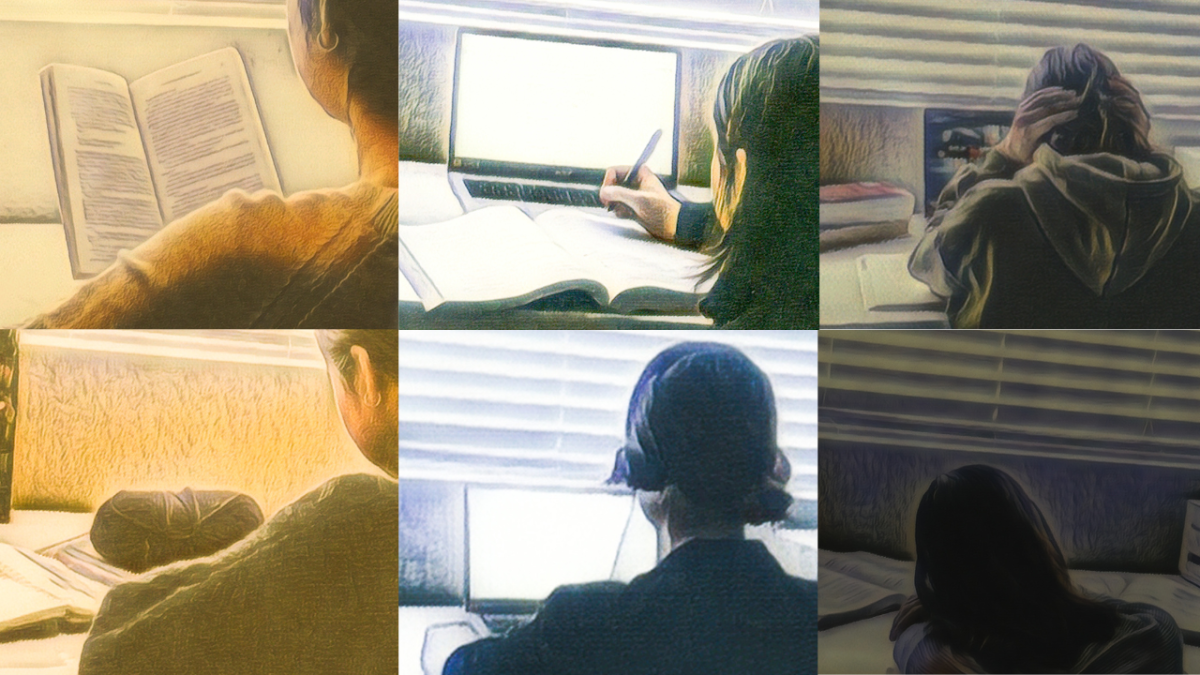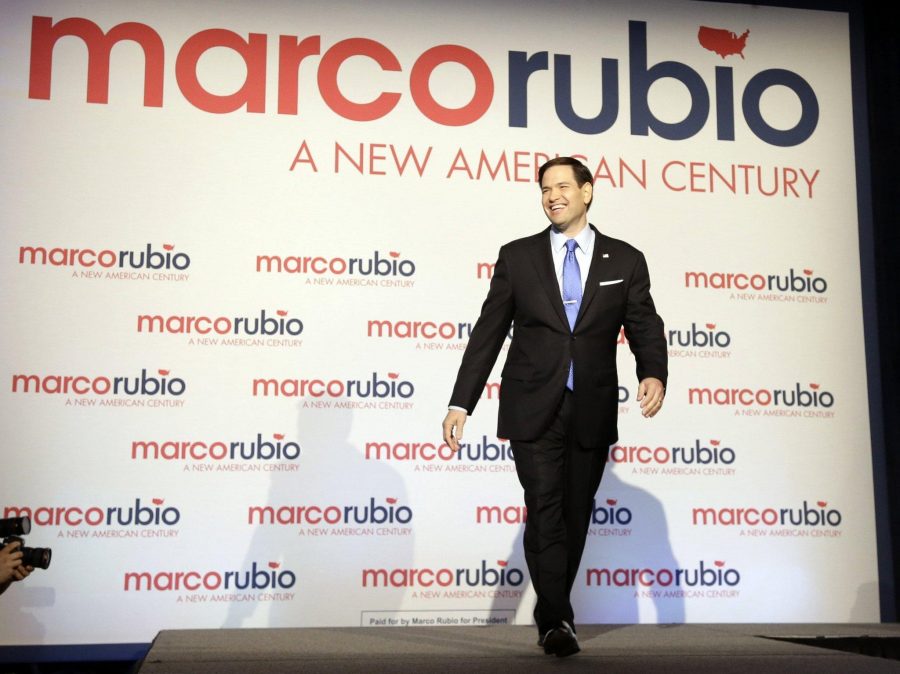A New American Century
April 23, 2015
Last week, Marco Rubio announced his bid for the White House and announced his intentions to bring the country into a “New American Century.” He used plenty of dynamic and progressive rhetoric, creating a clear distinction between him and Hillary Clinton, the presumed Democratic nominee, by claiming “Yesterday is over and we are never going back.” Clearly a shot at Clinton’s long tenure in the political limelight, this statement could also be interpreted as a jab at another potential presidential contender–Jeb Bush. If Rubio wants to clinch the Republican nomination, he will have to get past Bush who has, at this point, a very flimsy frontrunner status. And not only must he compete for support among the American people, he must also compete for support in the “invisible primary.” The invisible primary consists of garnering endorsements, monetary donations, top GOP advisors, etc., and as both candidates are from Florida, they must fight over the limited resources within the state. Therefore, Rubio must have his sights set on destroying the Bush candidacy–or does he?
Bush and Rubio have not only met once, twice, or even a few times before. They’ve been friends for years. Many have referred to their relationship as a mentor/mentee dynamic. So will Rubio be able to differentiate himself from Bush? Rubio was elected Florida’s Speaker of the House in 2005 while Bush was Governor of Florida and the two worked together to pass a generally conservative agenda. Both have similar views on immigration. Both have proven they can get the Latino vote. One was a two term Governor and one is a freshman Senator. With very similar ideologies, it is difficult to determine who has the better hand in presidential poker. But what Rubio is betting on is Bush fatigue.
The future v. past argument that Rubio is making is very reminiscent of the 2008 election. After the second Bush presidency, Obama made the 2008 election a referendum on Bush with the theme of “Hope and Change.” Rubio is trying a similar move with his campaign slogan of “A New American Century”–he is creating a stark contrast between him and the old, dynasty candidates (Clinton, Bush) to prove that the election of either of them would essentially be going backwards. He is hoping Americans remember the Bush fatigue they felt after the end of George W. Bush’s presidency; as an integral part of the Republican party for the last forty years, the Bushes have been central in most party matters and Rubio wants to change that. It is very similar for the Democrats. The Clintons have been in politics for the nearly forty years, too. And there is definitely Clinton fatigue (though not as bad as with the Bushes), that could hurt Hillary’s chances with independents. So Rubio must capitalize on this forward-looking campaign if he hopes to beat both Jeb and Hillary to be the next President of the United States.





































